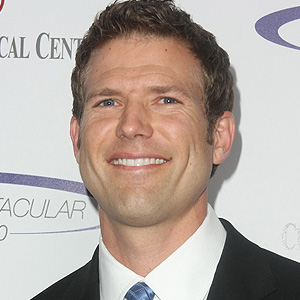If we could go back in time, we all probably have a few things we wish we could change. Recently, Dr. Travis Stork, emergency room physician and host of the syndicated TV show The Doctors, shared one of his do-over dreams with Dear Doctor magazine: “If I [could have] gone back and told myself as a teenager what to do, I would have worn a mouthguard, not only to protect my teeth but also to help potentially reduce risk of concussion.”
What prompted this wish? The fact that as a teenage basketball player, Stork received an elbow to the mouth that caused his two front teeth to be knocked out of place. The teeth were put back in position, but they soon became darker and began to hurt. Eventually, both were successfully restored with dental crowns. Still, it was a painful (and costly) injury that could have been avoided.
You might not realize it, but basketball ranks among the riskier sports when it comes to dental injuries. Yet it’s far from the only one. In fact, according to the American Dental Association (ADA), there are some two dozen others — including baseball, hockey, surfing and bicycling — that carry a heightened risk of dental injury. The ADA recommends wearing a high-quality mouthguard whenever you’re playing those sports.
Mouthguards have come a long way since they were introduced as protective equipment for boxers in the early 1900’s. Today, three different types are widely available: stock “off-the-shelf” types that come in just a few sizes; mouth-formed “boil-and-bite” types that you adapt to the general contours of your mouth; and custom-made high-quality mouthguards that are made just for you at the dental office.
Of all three types, the dentist-made mouthguards are consistently found to be the most comfortable and best-fitting, offering your teeth the greatest protection. What’s more, recent studies suggest that custom-fabricated mouthguards can provide an additional defense against concussion — in fact, they are twice as effective as the other types. That’s why you’ll see more and more professional athletes (and plenty of amateurs as well) sporting custom-made mouthguards at games and practices.
“I would have saved myself a lot of dental heartaches if I had worn a mouthguard,” noted Dr. Stork. So take his advice: Wear a mouthguard whenever you play sports — unless you’d like to meet him (or one of his medical colleagues) in a professional capacity…
If you would like more information about mouthguards, please contact us or schedule an appointment for a consultation. You can read more in the Dear Doctor magazine article “Athletic Mouthguards.”

